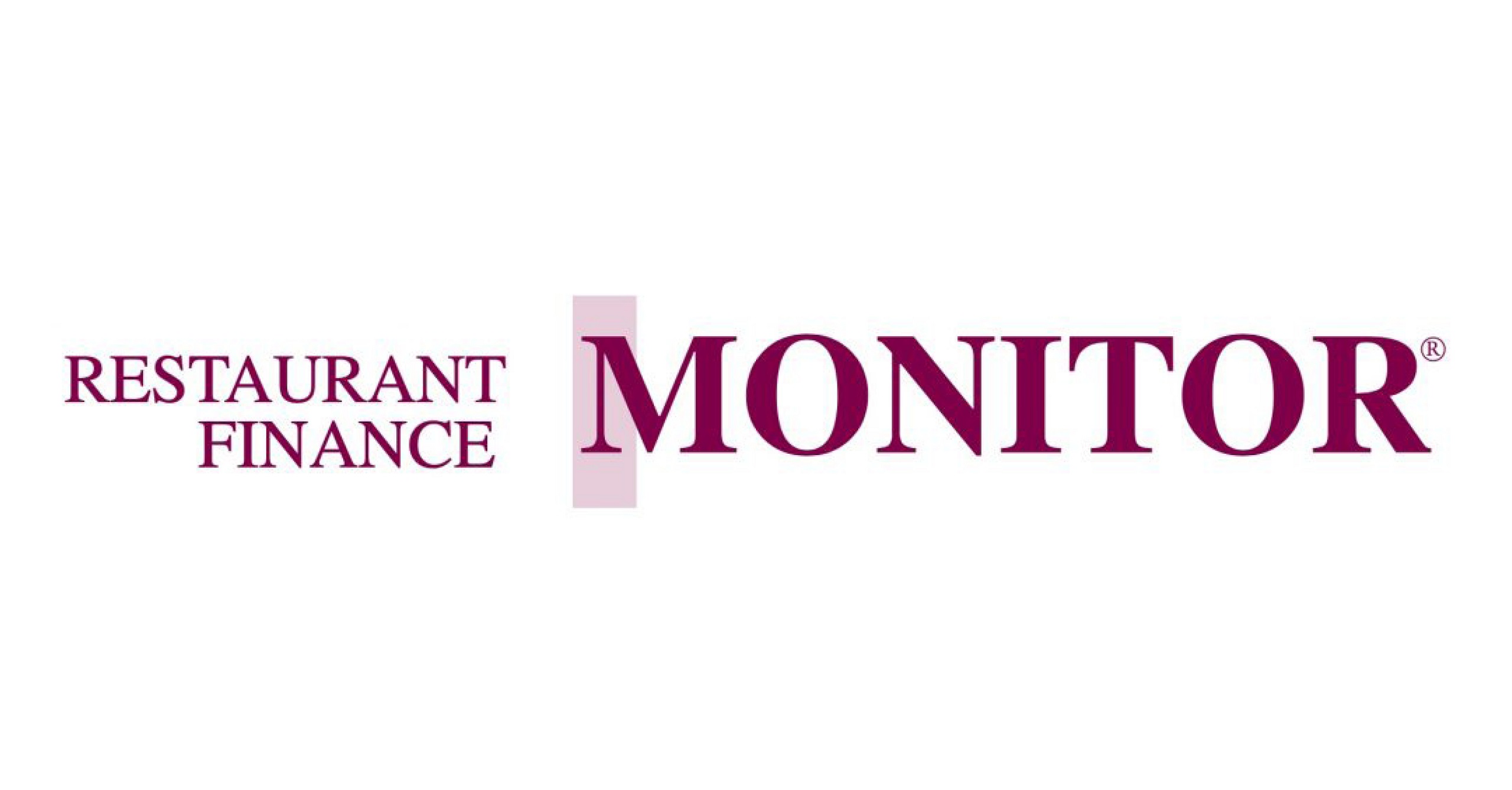Franchisees are always on the lookout for new opportunities. Sometimes deciding which new restaurant concepts are strong opportunities for expansion is like spinning a roulette wheel and hoping your number lands. Not all new concepts are new. Often old concepts have been reconfigured by converting a casual dining restaurant to a fast-casual or QSR, or a new concept is just a copy of an existing one.
While there is no foolproof method for choosing the right concept for you and your market, the following questions, based on input from operators I work with who track new concepts, may help you from spinning out of control.
1. Check out the sector.
Is it easily recognized by consumers? Is the new concept unique and gaining consumer acceptance or is it just another retooling of an old concept? Look at the consumer demand and trends and see what sectors are hot right now and determine which ones have staying power.
2. Where will it work?
Is it a fit for urban areas, or perhaps the suburbs over smaller towns? Is it local, regional or could it go national? Does it have universal appeal? Does the concept owner have strong locations and if so, how many? Also does the concept fit your restaurant knowledge and experience?
3. Are there available sites at reasonable prices?
The concept may work well in Kansas City, but can you acquire sites at reasonable costs in your chosen territory? This happened to Panera when it developed in larger metropolitan areas, and the franchisee was granted significant development rights, but it couldn’t find enough sites to satisfy its development obligations.
4. Issues of unit economics.
Is the concept producing unit economics that are three times or more the cost of the investment to sales and are store-level operating profits in the 20%+ range? Does the labor staffing model in these concepts address the shortage and expense of current labor issues?
5. Is financing available for this concept?
We all know it is easier to finance a restaurant if it is an approved concept by one of the franchise lenders. If it’s an early stage concept, it may be difficult to obtain good financing and you may need to use existing collateral. Be open to using Small Business Administration loans, leasing and even crowdfunding to raise money.
6. Operational Experience.
Make sure the concept owner (franchisor) has done this before. It’s important it has operational experience and resources, particularly for site selection, training and most importantly, in-store technology, which includes marketing technology, that it can pass on to you.
7. Licenses or franchise documents.
Make sure the concept owner has strong, well-protected intellectual property that can be licensed to you without third-party issues. See that the franchise and or license agreements have minimal or no personal guarantees, strong renewal rights so you have flexibility to make appropriate adjustments. Further, you want to ensure you can provide ownership to your key employees and not have any constraints with franchisor approval. Finally, in planning your exit strategy make sure franchisor approval rights are reasonable and without burdensome rights of first refusal upon a planned sale.
8. How much are you willing to risk?
Developing new concepts can have a significant cost risk. There always seems to be more cost than expected. Have appropriate budgets to put a stop in case things don’t go well. Don’t overspend for development rights and maybe try and negotiate a cost buyback from the franchisor of what you invested, if the concept doesn’t work.
With an abundance of new concepts out there, owners are more flexible in how they bring partners and franchisees into their system. You need to be careful and understand who your hopeful partner (versus franchisor) is and what you can offer each other.
From the June 2024 issue of Restaurant Finance Monitor
Author
-

Co-founder and chairman of Monroe Moxness Berg PA, Dennis is a pioneer in corporate financing with a broad network of finance contacts and clients. He assists businesses, from emerging companies to multinational firms, by providing creative ideas, identifying unique financing sources, and developing the financial tools necessary for their growth and development.
